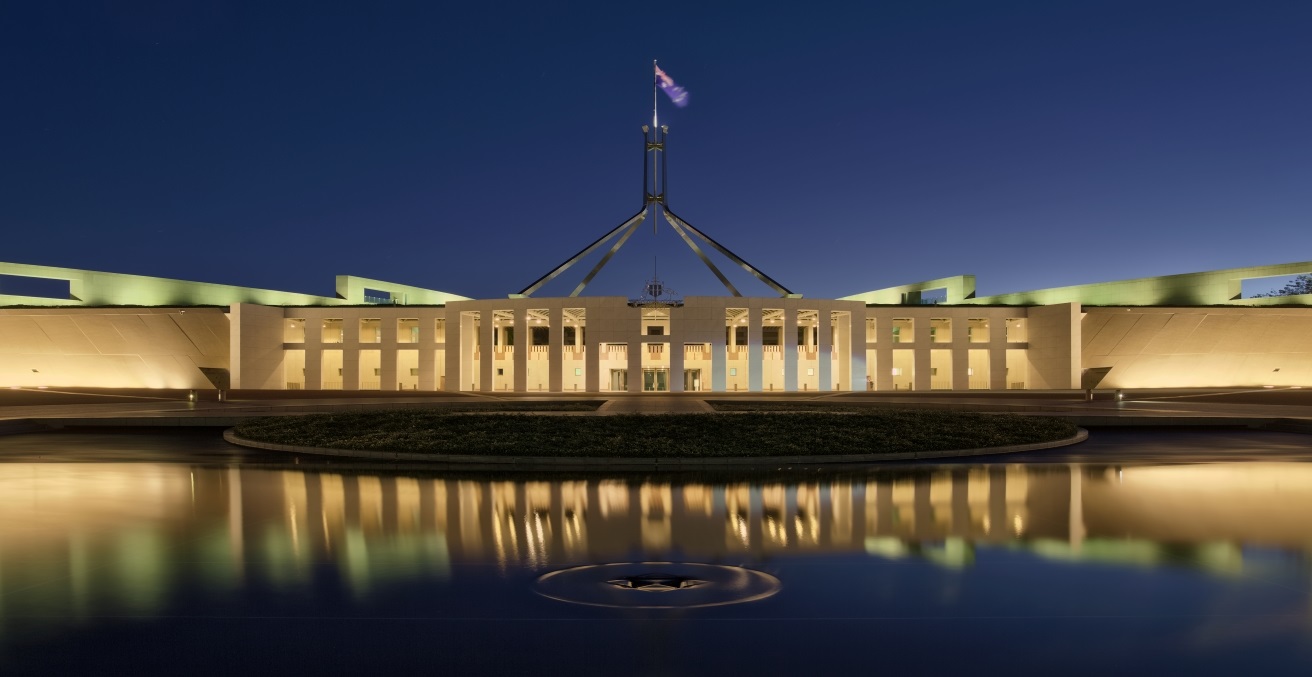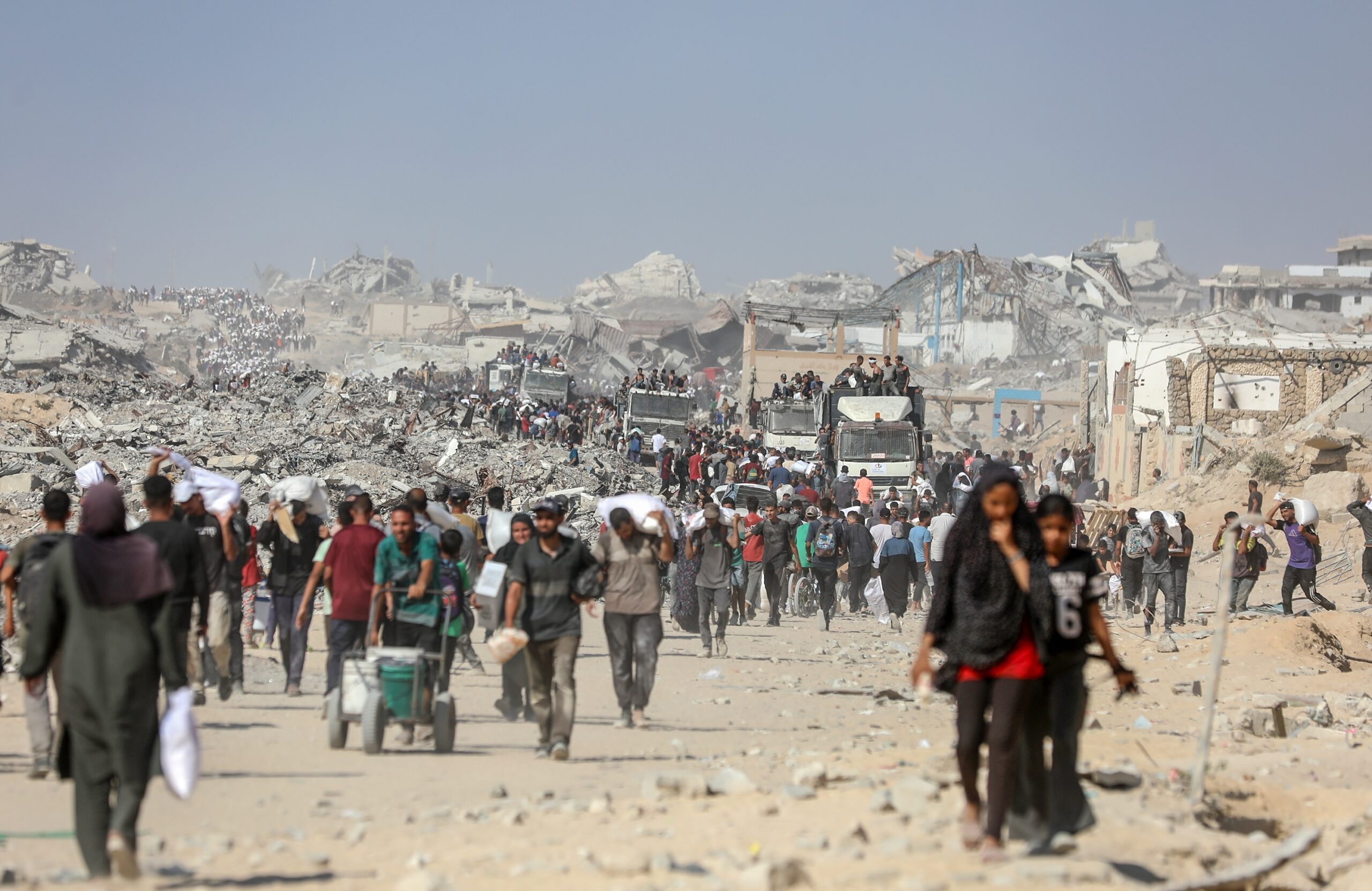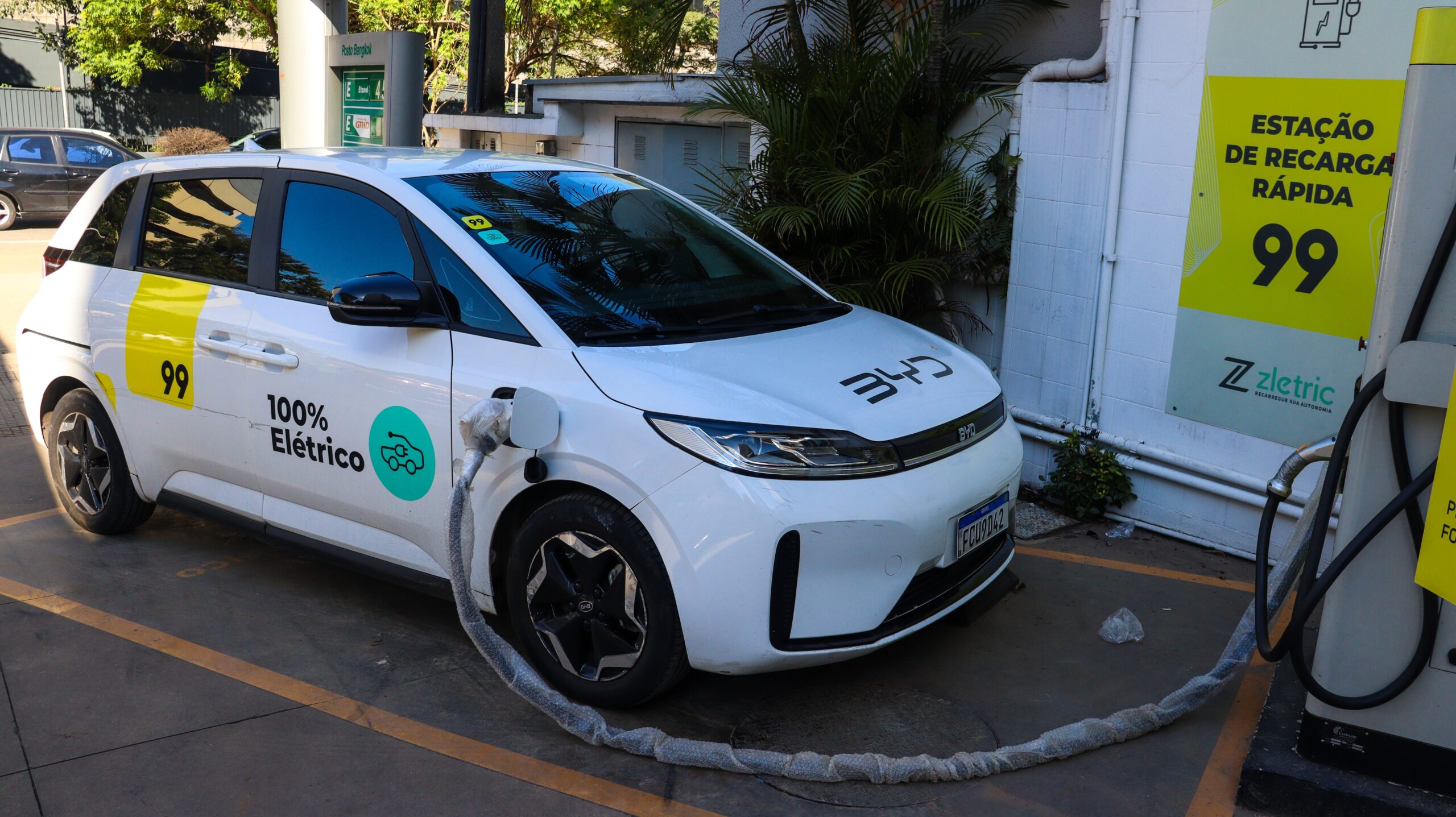This week in Australian foreign affairs: Marles joins UK Defence Secretary to sign new treaty; Tuvaluan Prime Minister Feleti Penitala Teo visits Australia; second annual Pacific Engagement Visa (PEV) ballot opens; Wong issues a joint statement reaffirming support for a two-State solution in Palestine, and more.
On 26 July in Geelong, Deputy Prime Minister and Minister for Defence Richard Marles joined UK Secretary of State for Defence John Healey to sign the Nuclear-Powered Submarine Partnership and Collaboration Treaty—the Geelong Treaty—marking a historic 50-year commitment to bilateral defence cooperation under AUKUS Pillar I. The treaty enables joint work across the full lifecycle of the SSN-AUKUS submarines, including design, construction, operation, sustainment, and disposal, and will support workforce development, regulatory systems, and infrastructure in both countries. It also confirms the rotational presence of a UK Astute-class submarine at HMAS Stirling under Submarine Rotational Force – West. Building on the AUKUS partnership, the treaty affirms alignment with nuclear non-proliferation commitments under the NPT, the South Pacific Nuclear Free Zone Treaty, and IAEA safeguards. According to the statement, the agreement will “support stability and security in the Euro‑Atlantic and the Indo-Pacific for decades to come, drive defence as an engine for growth across our two nations, create thousands of jobs, build our respective submarine industrial bases and supply chains, and provide new opportunities for industry partners.”
Foreign Minister Penny Wong joined Minister for Pacific Island Affairs Pat Conroy on 28 July to welcome Tuvaluan Prime Minister Feleti Penitala Teo to Australia for the official opening of Tuvalu’s first-ever High Commission in Canberra. During his visit, Prime Minister Teo will met with senior Australian leaders to advance implementation of the 2023 Falepili Union Treaty, including the Falepili Mobility Pathway, which allows Tuvaluans to live, work, and study in Australia. Australia is also providing AUD$47 million in development assistance in 2025–26 to support Tuvalu’s climate resilience. The visit will see the signing of a new Tuvalu-Australia Renewable Energy Partnership under the $50 million Australia-Pacific Partnership for Energy Transition, helping integrate renewables into Tuvalu’s energy system. The High Commission will strengthen bilateral ties and support Tuvalu’s growing diaspora, further deepening Australia’s engagement with the Pacific, the statement reads.
Also on 28 July, Wong joined Minister for Home Affairs, Minister for Immigration and Citizenship Tony Burke and Conroy to announce the opening of the second annual Pacific Engagement Visa (PEV) ballot. This will allow up to 3,000 nationals from Pacific island countries and Timor-Leste to live, work, and study in Australia. Samoa and Kiribati will newly join the program in 2025–26, while ten other nations—including Fiji, PNG, and Timor-Leste—will continue their participation. “The inaugural PEV ballot demonstrated the keen interest from the region for deeper connections,” the statement noted, with over 56,000 registrations and more than 1,000 visas already granted since October 2024. The PEV scheme allows for lifetime mobility between Australia and home countries, delivering what Wong called “education, skills and economic dividends” and strengthening diaspora links, business, and educational engagement across the region.
On 29 July, Wong joined 14 counterparts—including from France, Canada, Ireland, and New Zealand—in issuing the New York Call, a joint statement reaffirming support for a two-State solution and calling for immediate action to address the crisis in Gaza. The ministers condemned the “heinous and antisemitic terrorist attack” of 7 October 2023, demanded an immediate ceasefire, the unconditional release of hostages held by Hamas, and full humanitarian access. The statement expressed “grave concern” over civilian casualties in Gaza and welcomed recent commitments by the Palestinian Authority, including the disarmament of Hamas, ending the prisoner payment system, and holding elections within a year. In the lead-up to the UNGA high-level week in September, the ministers expressed support—or openness—to recognising a Palestinian state as “an essential step towards the two-State solution,” while also urging broader diplomatic normalisation with Israel and planning for post-conflict governance and reconstruction in Gaza.
Wong joined Attorney-General Michelle Rowland and Assistant Treasurer, Minister for Financial Services Daniel Mulino in marking World Day Against Trafficking in Persons, reaffirming Australia’s commitment to eradicating human trafficking and modern slavery. This year’s theme, Human trafficking is Organized Crime – End the Exploitation, highlights the growing links between trafficking and transnational crimes, including the rise of online scam centres that are “defrauding and stealing from people, including Australians.” Wong expressed deep concern about the forced criminality occurring in these centres, many of which operate across the region and contribute to cyber-enabled money laundering and the illicit drug trade. Domestically, Australia is responding with its Scams Prevention Framework and National Anti-Scam Centre, described as providing “world-leading protections” for consumers. Internationally, Wong emphasised Australia’s continued collaboration through initiatives such as the ASEAN-Australia Counter Trafficking program and the Bali Process, which Australia co-chairs with Indonesia.
Wong announced a new phase of reforms to the New Colombo Plan on 30 July aimed at strengthening Australia’s Asia capability and deepening ties with the Indo-Pacific region. From 2026, the program will increase to 500 scholarships per year by 2028, introduce a semester-long program to support longer-term regional immersion, and implement targets for learning priority Asian languages. “These reforms will ensure recipients develop the skills and capabilities Australia needs to deepen our national understanding of the region,” Wong said, noting the changes align with recommendations from Invested: Australia’s Southeast Asia Economic Strategy to 2040. The updated program will also support study at Australian offshore campuses, boost university Indo-Pacific course offerings, and expand private sector engagement to create stronger employment pathways for students.
Dr Adam Bartley is the managing editor for AIIA’s Australian Outlook and weekly columnist for The Week in Australian Foreign Affairs. He is a former Fulbright Scholar and non-resident fellow at the Elliot School for International Affairs, the George Washington University. Adam also has positions as post-doctoral fellow at the Centre for Cyber Security Research and Innovation RMIT University and as program manager of the AI Trilateral Experts Group. He can be found on Twitter here.
This article is published under a Creative Commons License and may be republished with attribution.





